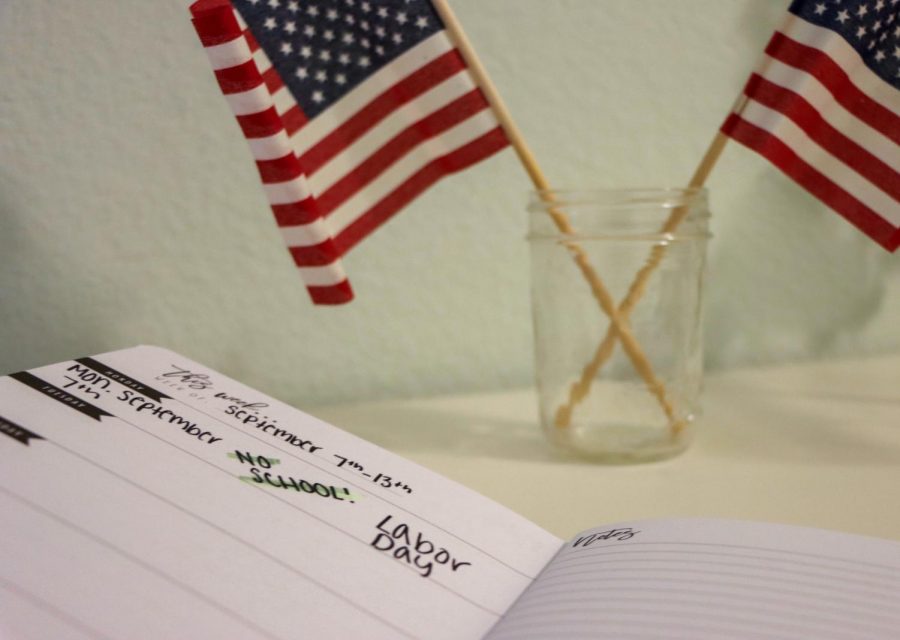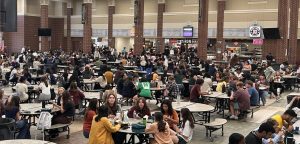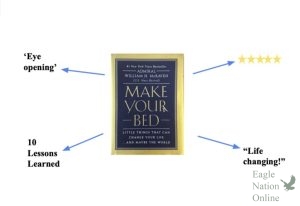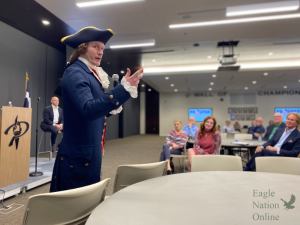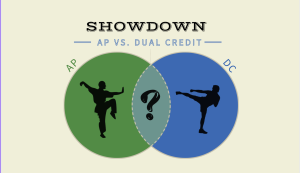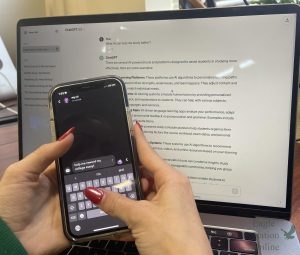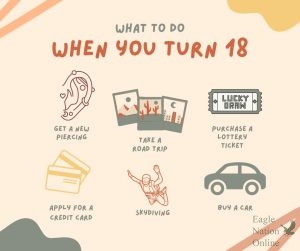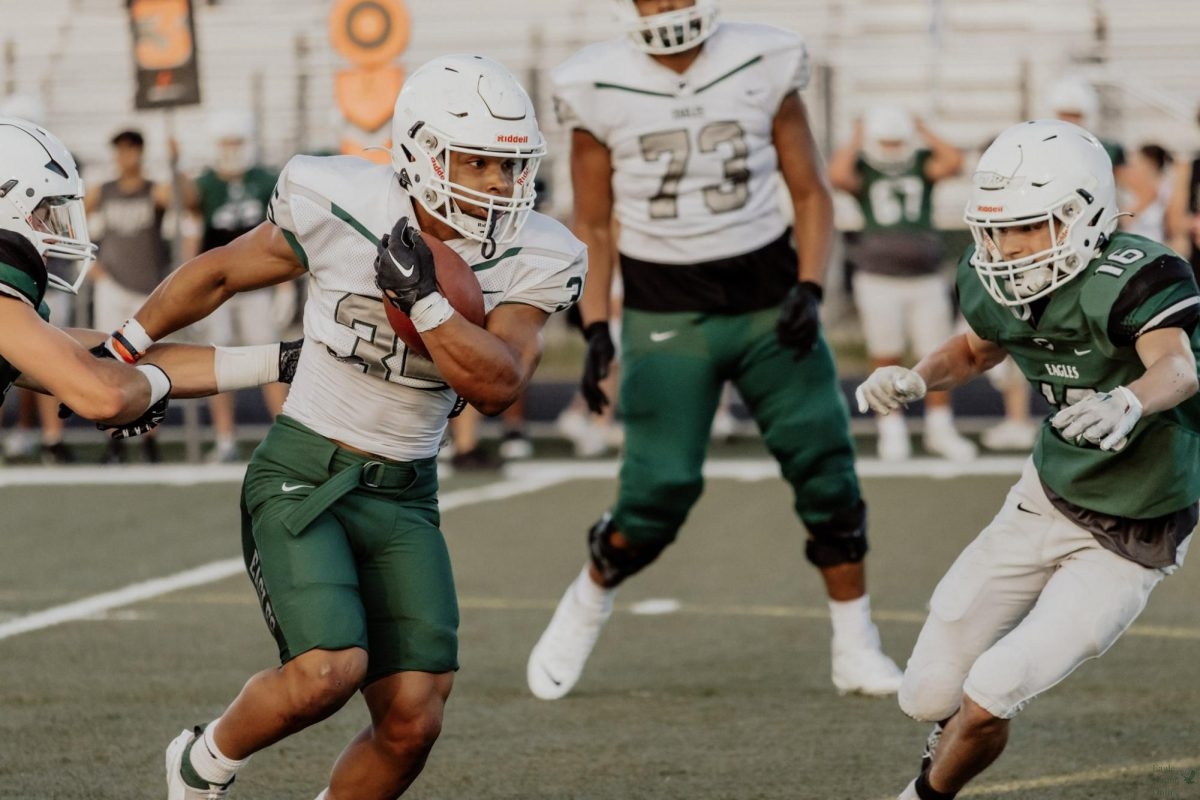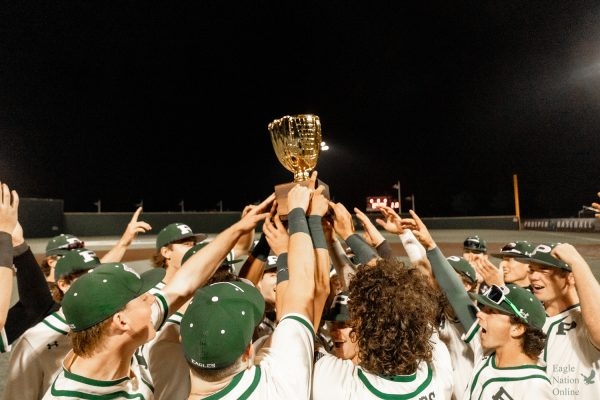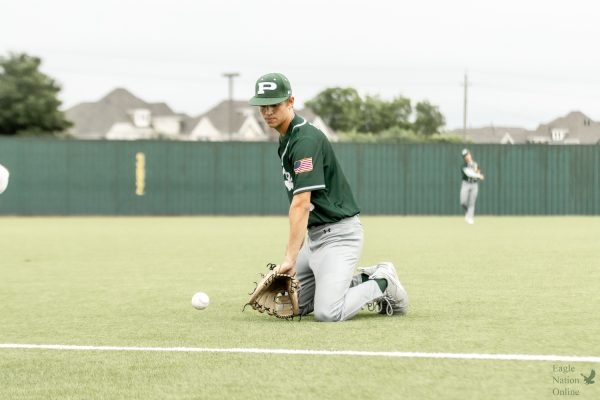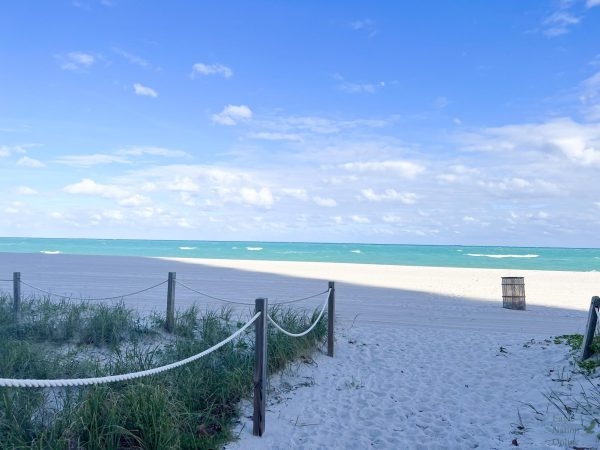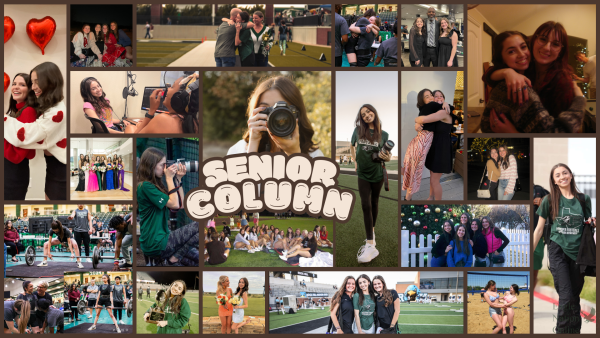Column: Labor Day – What is it besides a long weekend?
Labor Day is on Monday, Sept. 7 and is a chance to celebrate working Americans. Many are still unfamiliar about what this holiday means, even though it has a big impact on day-to-day lives. Students will receive a four day weekend Sept. 4 through Sept. 7
September 3, 2020
In the past few months, it’s no secret that the coronavirus is taking its toll on American lives, schools, and jobs. In April, the highest number of jobs lost hit 18.1 million. In August, the unemployment rate fell from 8.4% to 1.8%. However, with the upcoming long weekend, including Monday, Sept. 7, workers can still see hope in celebrating Labor Day and the true meaning behind it.
Here in Prosper, everyone knows about the four-day weekend, instead of the traditional three, during the first week of September. Students get to enjoy Friday off, but teachers still have to work. During a coronavirus-free year, millions of Americans would be traveling from Friday night to Monday, along with many barbecues full of American comfort food as one last end-of-summer bash. These things will still happen, just on a smaller and safer scale. Turns out, there is more to this holiday than just a long weekend, and despite the challenges of 2020, it can still be a fun celebration.
People created Labor Day as part of the labor movement in the late 19th century, and it became a federal holiday in 1894, as signed by the 22nd president, Grover Cleveland. The labor movement made it possible for workers to have weekends off of work, health benefits, the end of child labor, better wages and safer working environments.
In the past, parades and celebrations took place locally and across the country, but these festive traditions started all the way back on Sept. 5, 1882, to highlight “the strength and esprit de corps of the trade and labor organizations,” according to the US Department of Labor. In more simple terms, the holiday is celebrated on the first Monday of September to praise the economic and social achievements and contributions of American workers, hence why it is called Labor Day.
People usually celebrated patriotically with hot dogs, hamburgers, and potato salad, but the holiday now serves as a weekend for shopping sales, music festivals and travel deals. In New York, where the 1882 labor march took place, a Labor Day parade usually is held. But, this year, because of COVID-19, many of these long-weekend activities are canceled — including the annual parade.
The phrase “don’t wear white after Labor Day” is also a common saying people hear during this time of year. The history behind this phrase came from when the upper-class families would come back from their summer vacations. They would store their airy and lightweight clothes away in preparation to go back to work and school. So, labor day does mark the end of summer, even if it’s just shown by not wearing white.
Despite Labor Day being one of the most impactful holidays we have, the history and meaning of it still stands widely unknown by many Americans. Even though it is a great day off from work and school, we should all take time to appreciate the holiday and the history behind it.
Story updated on Sept. 8th at 8:27 am to update statistics.


